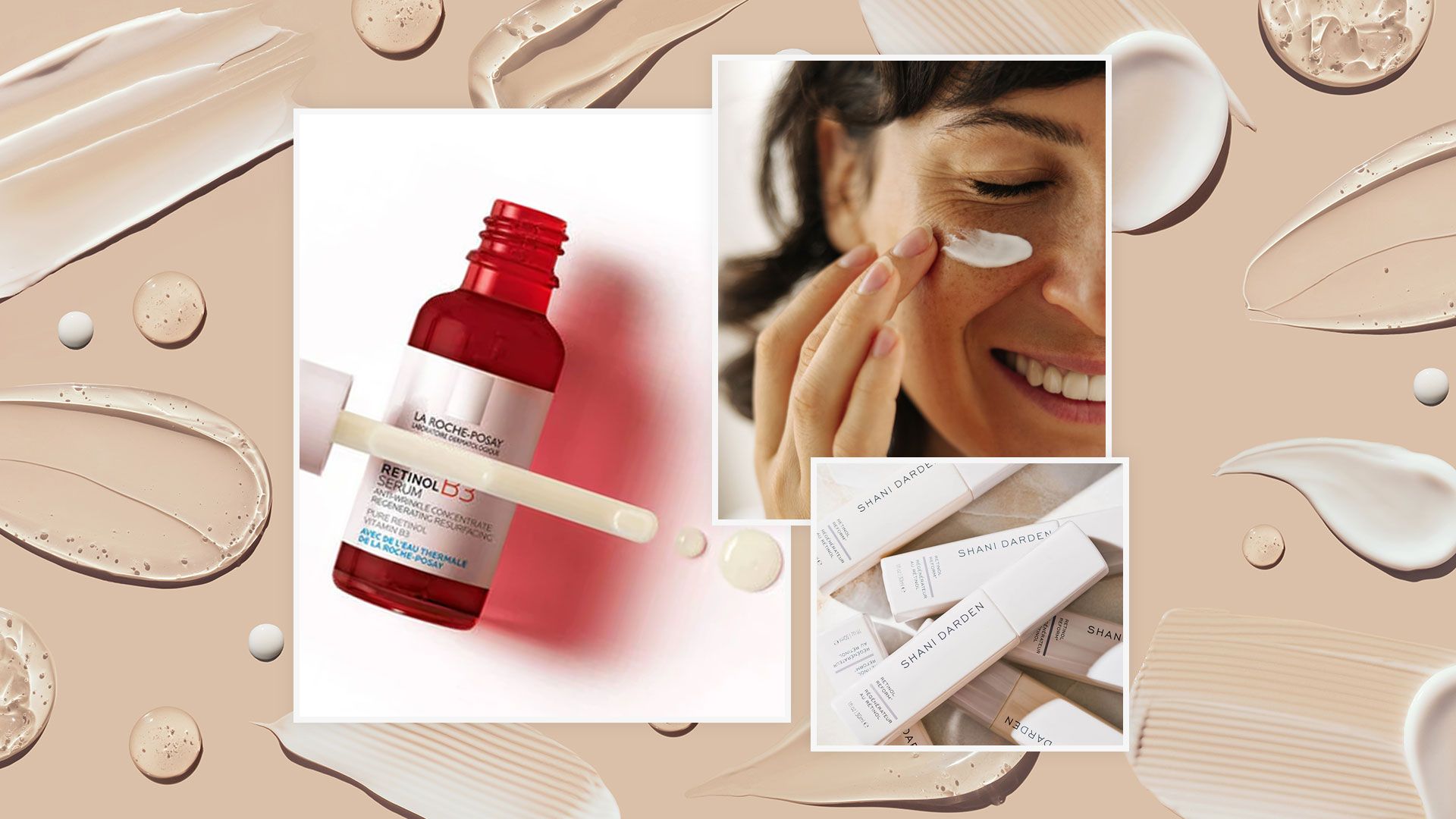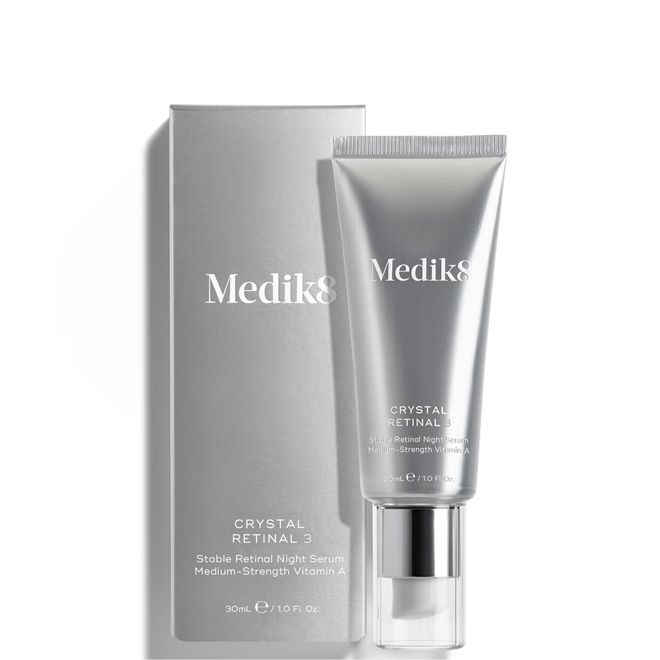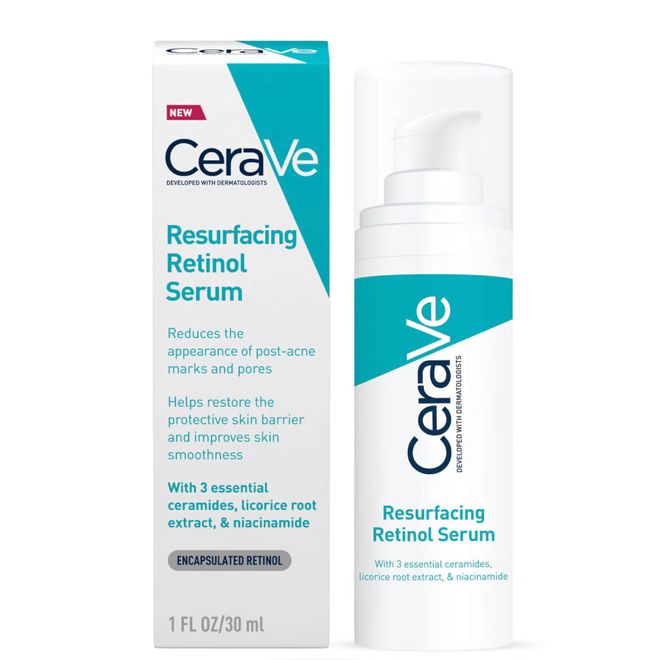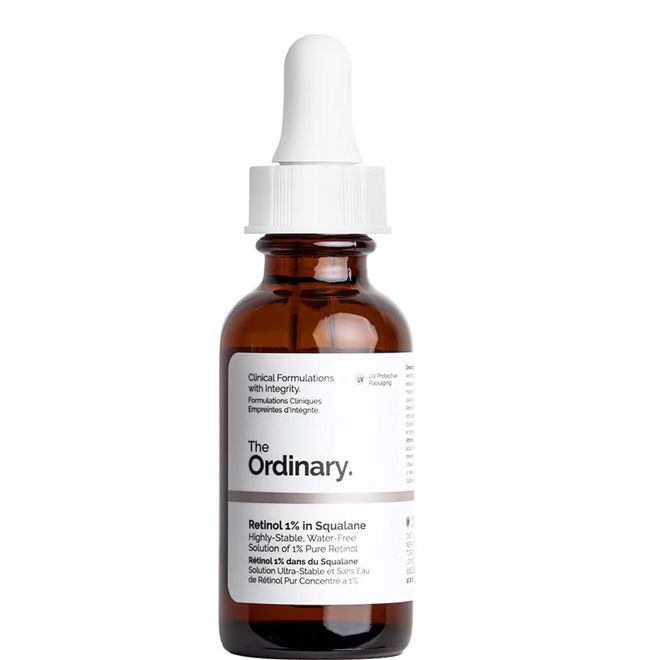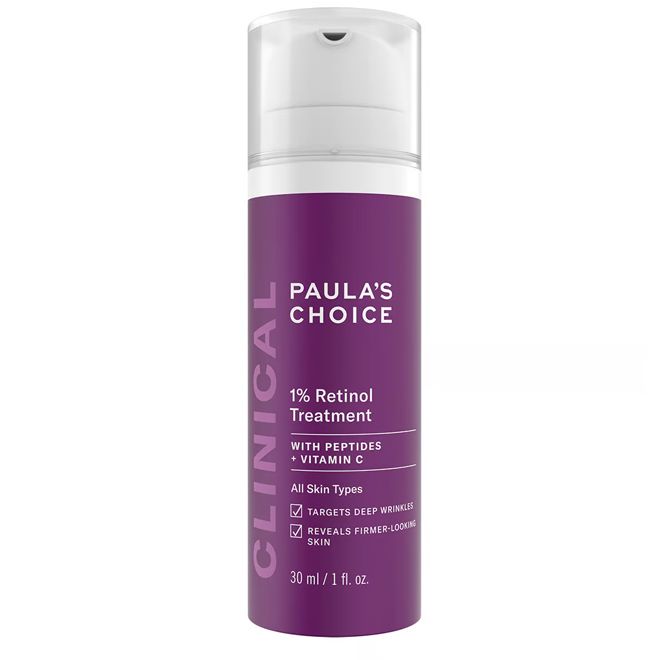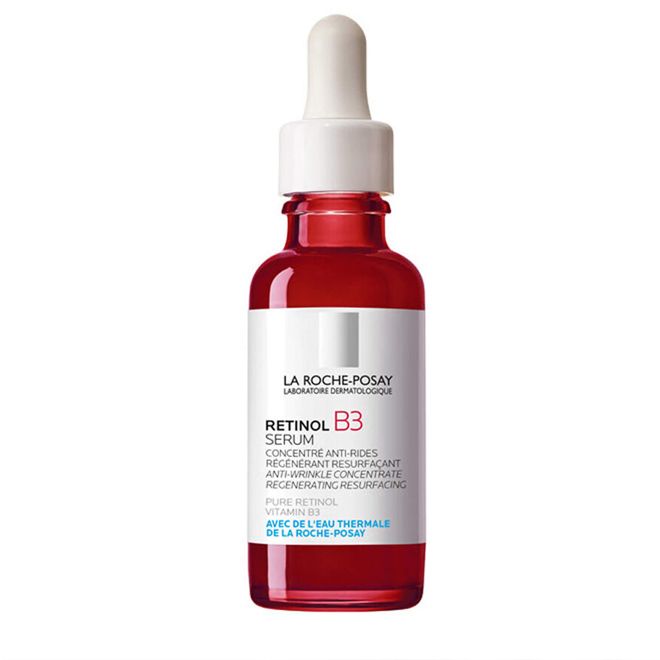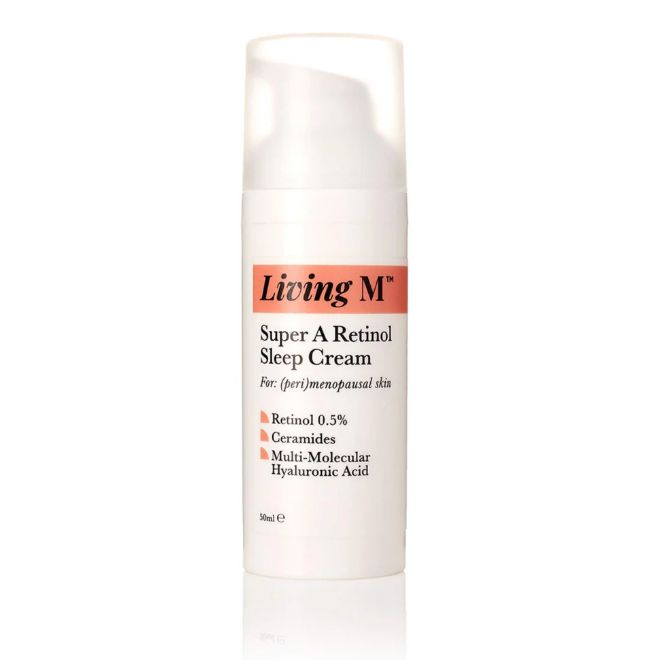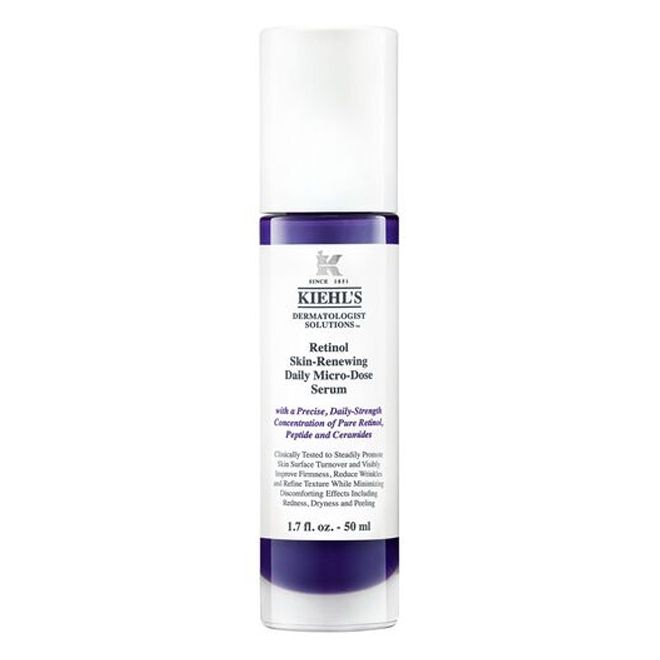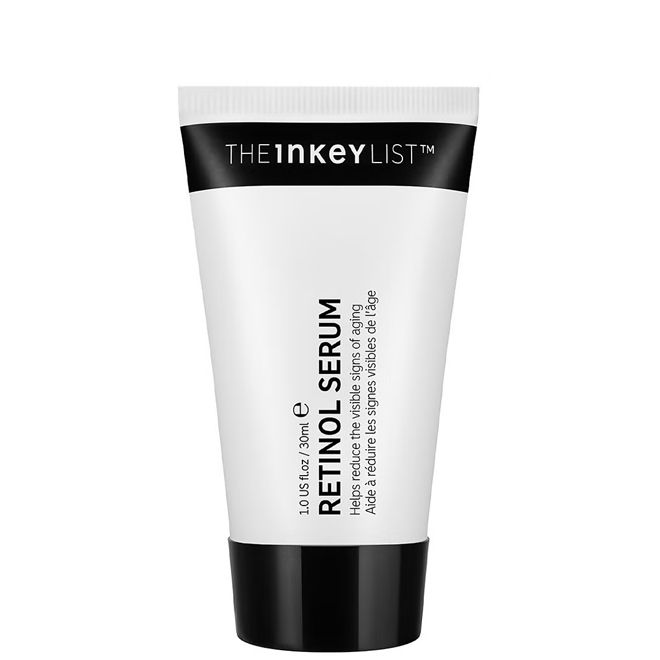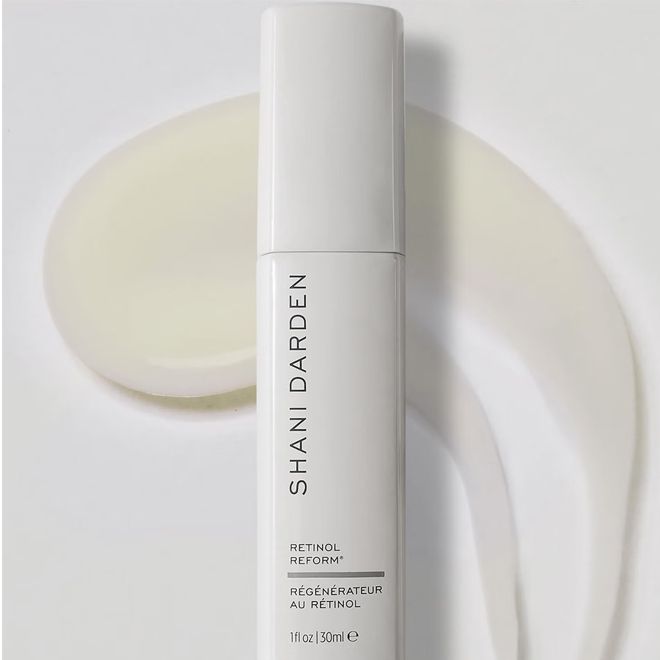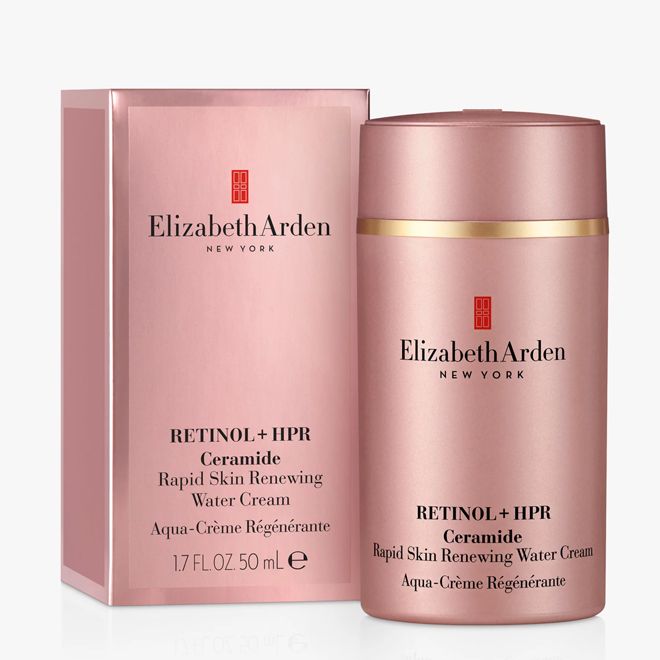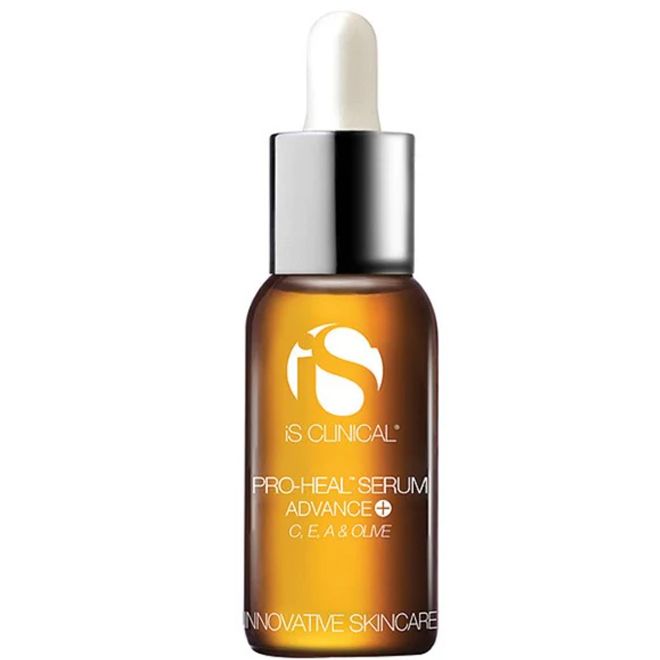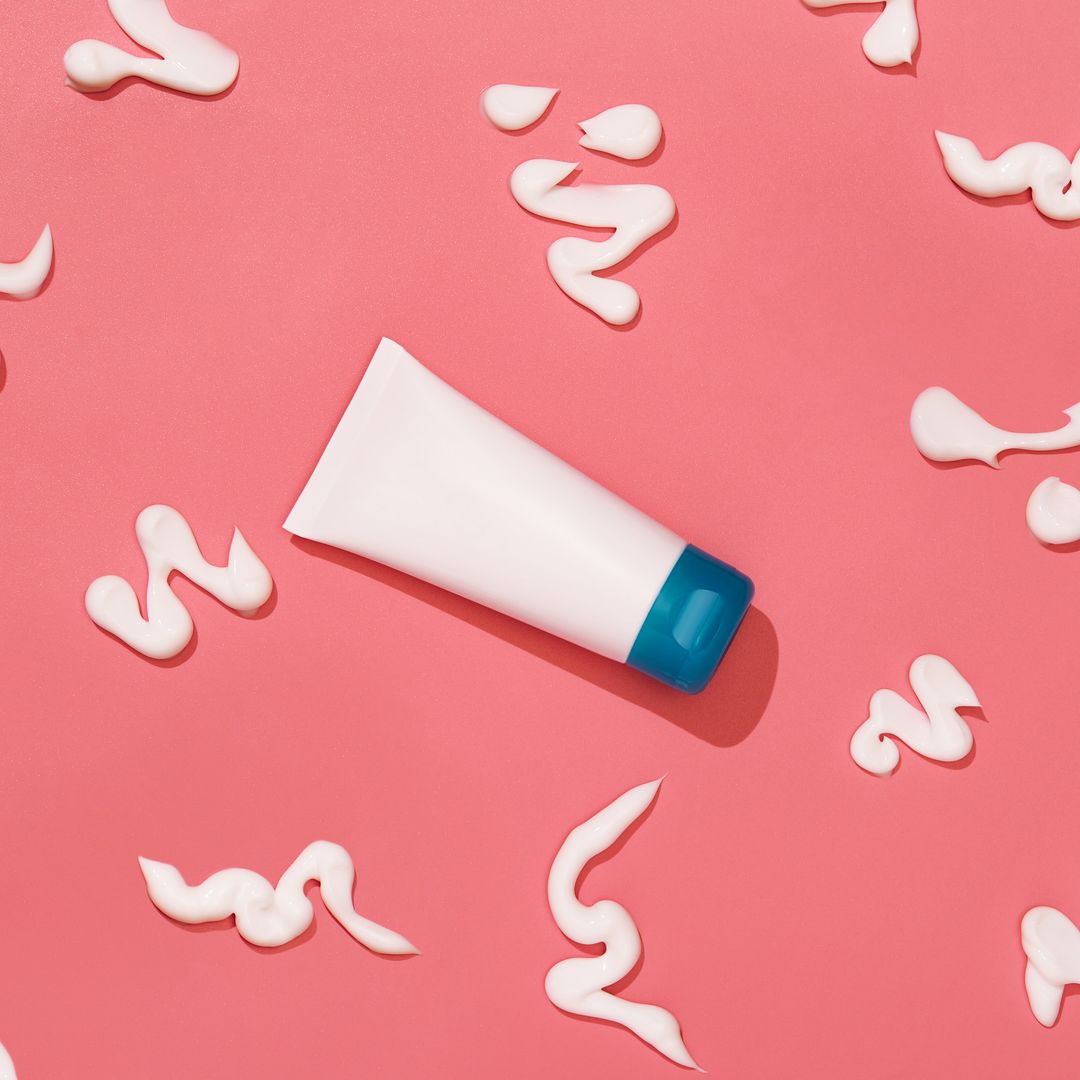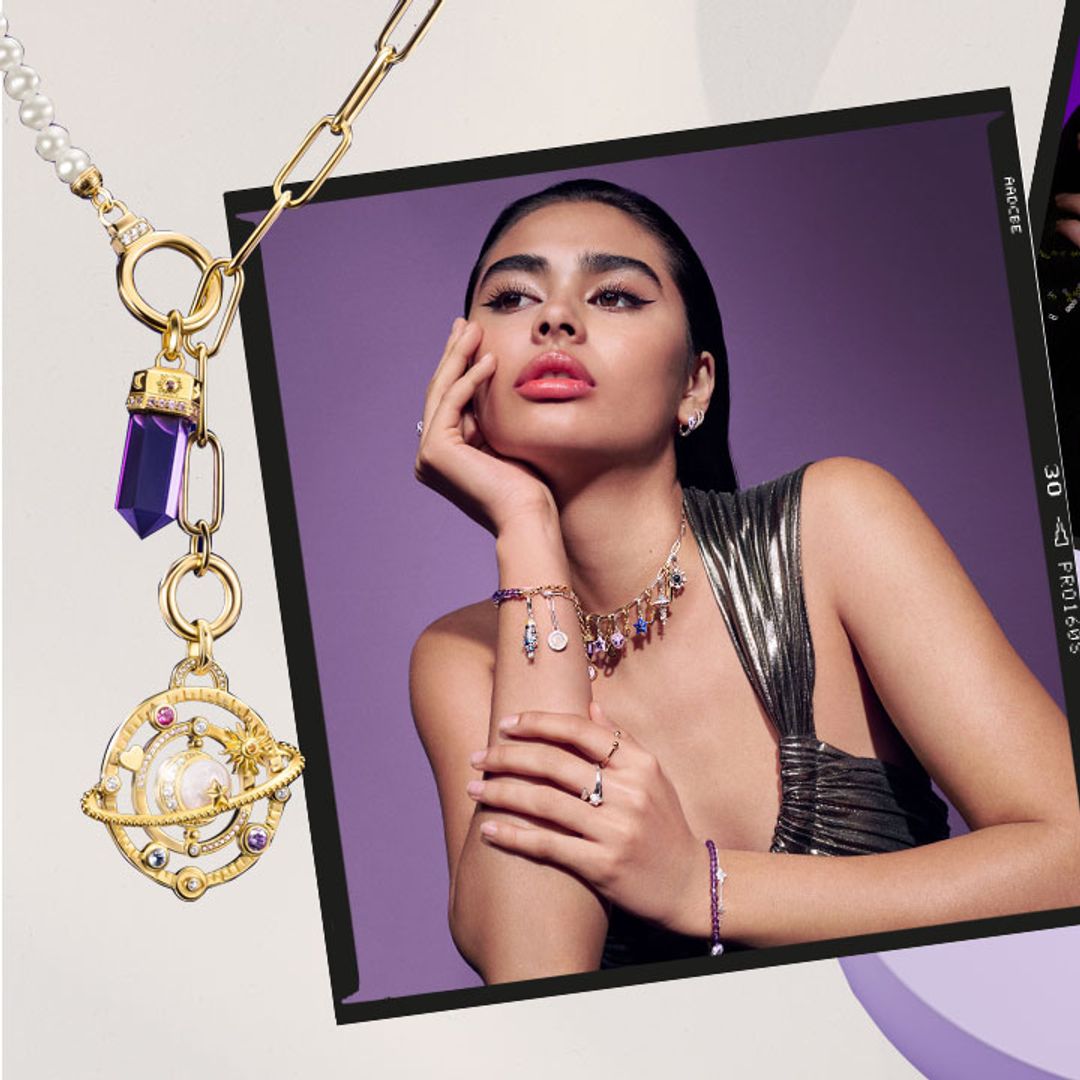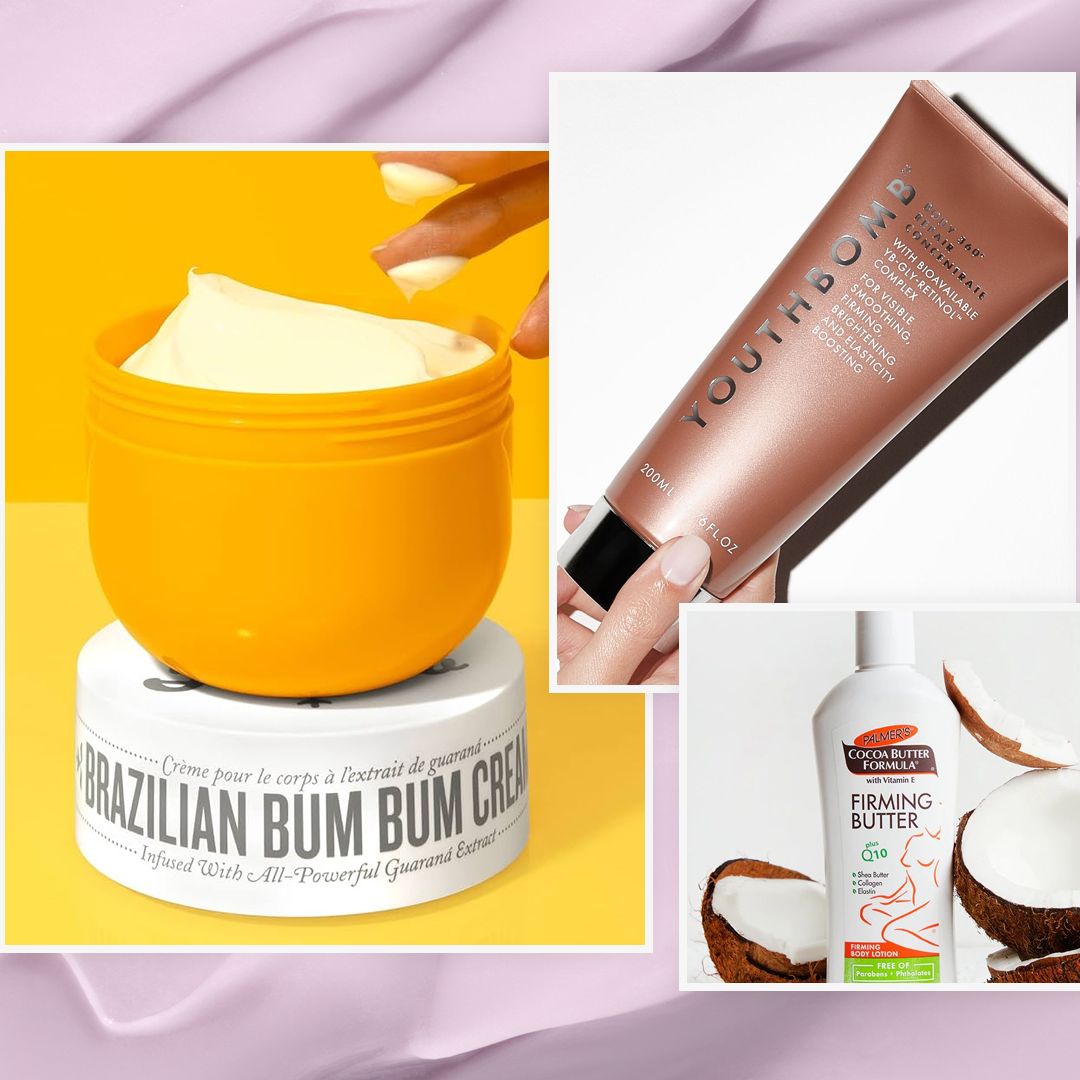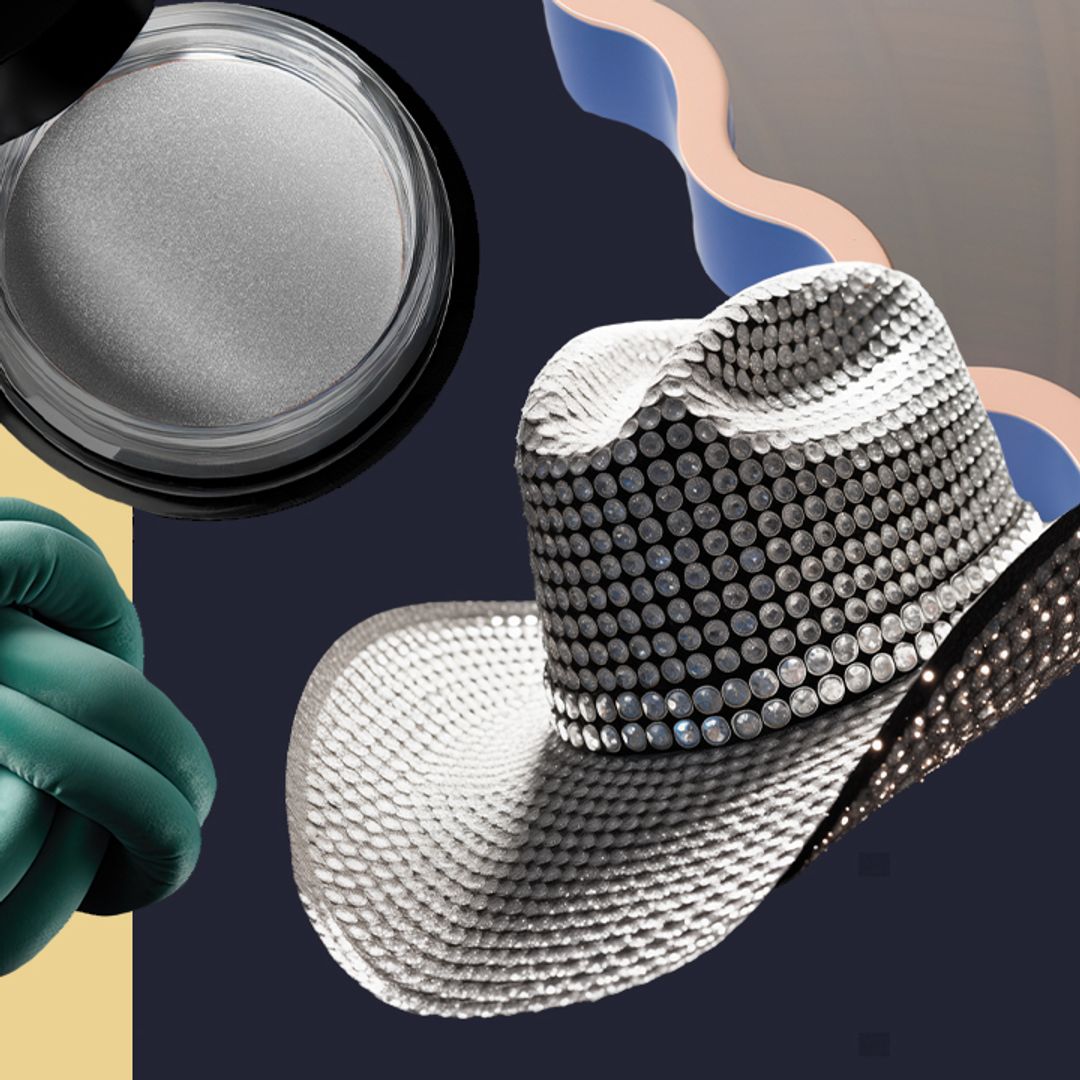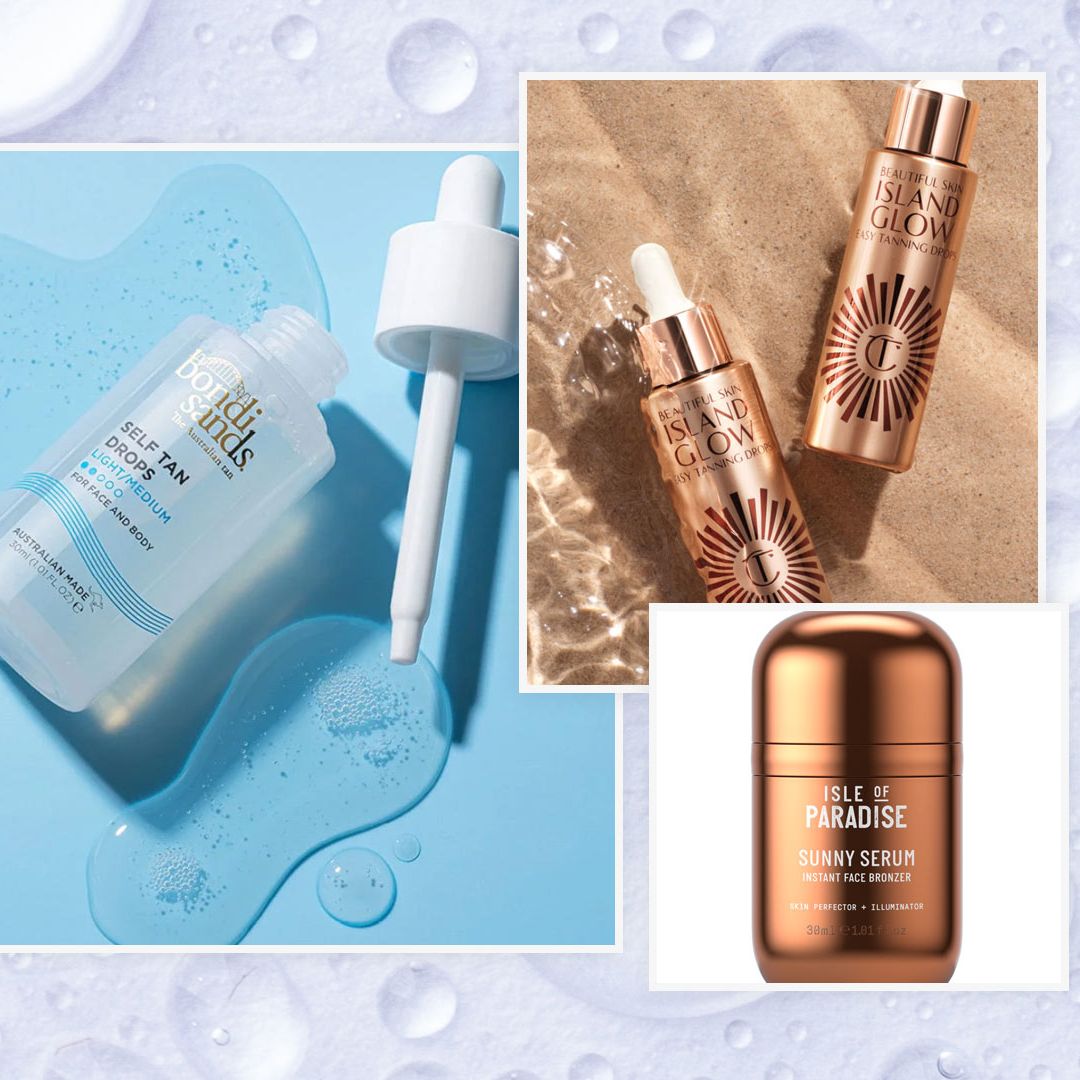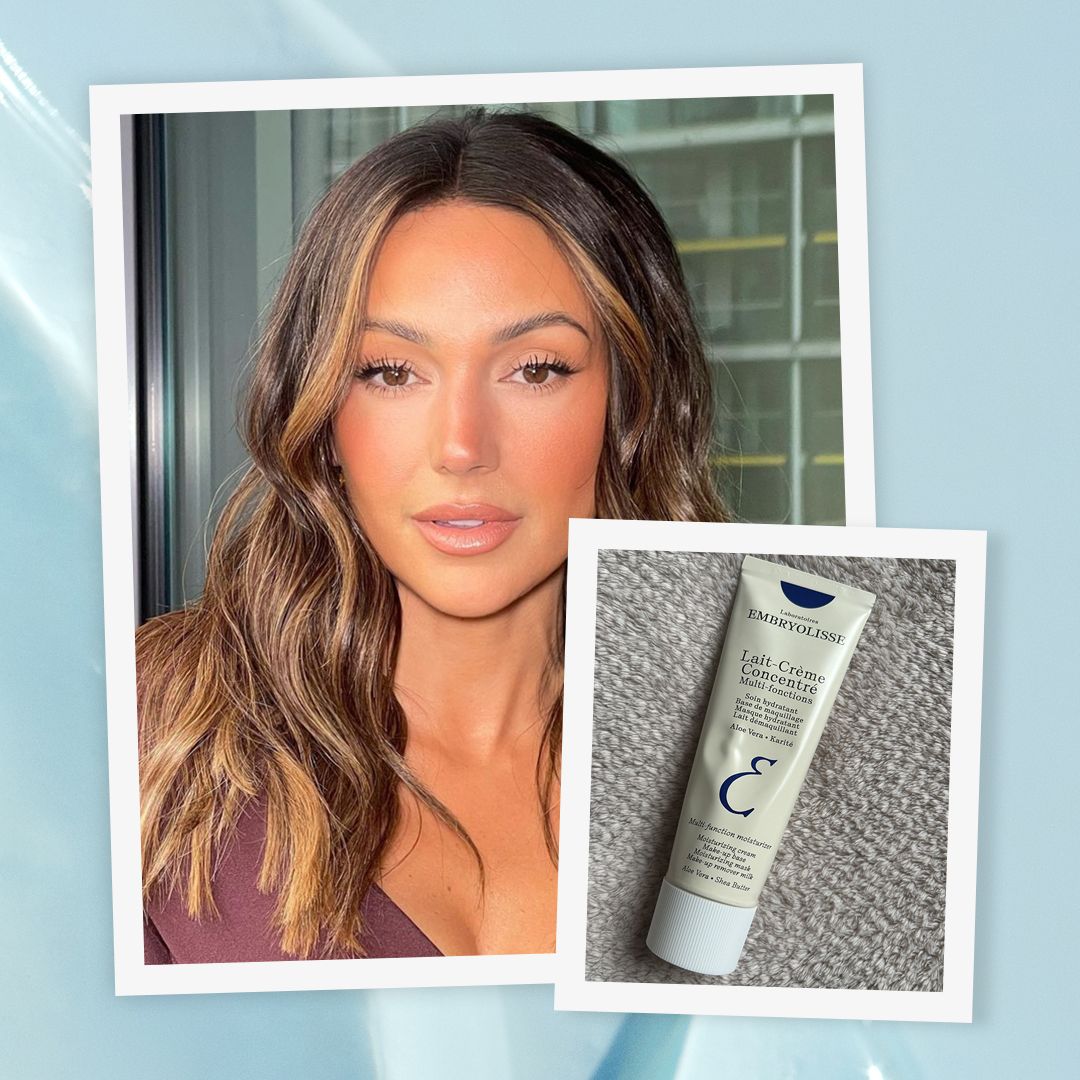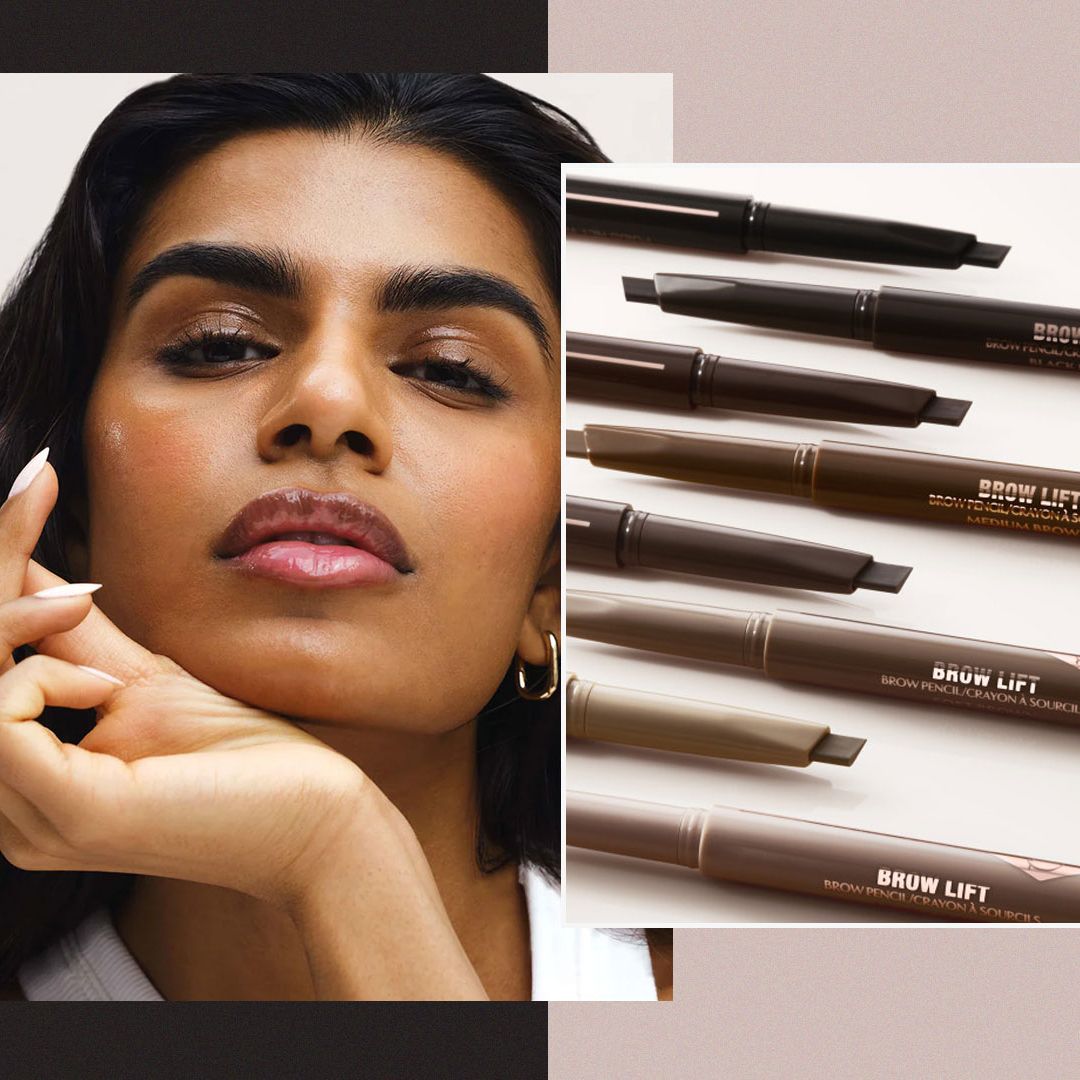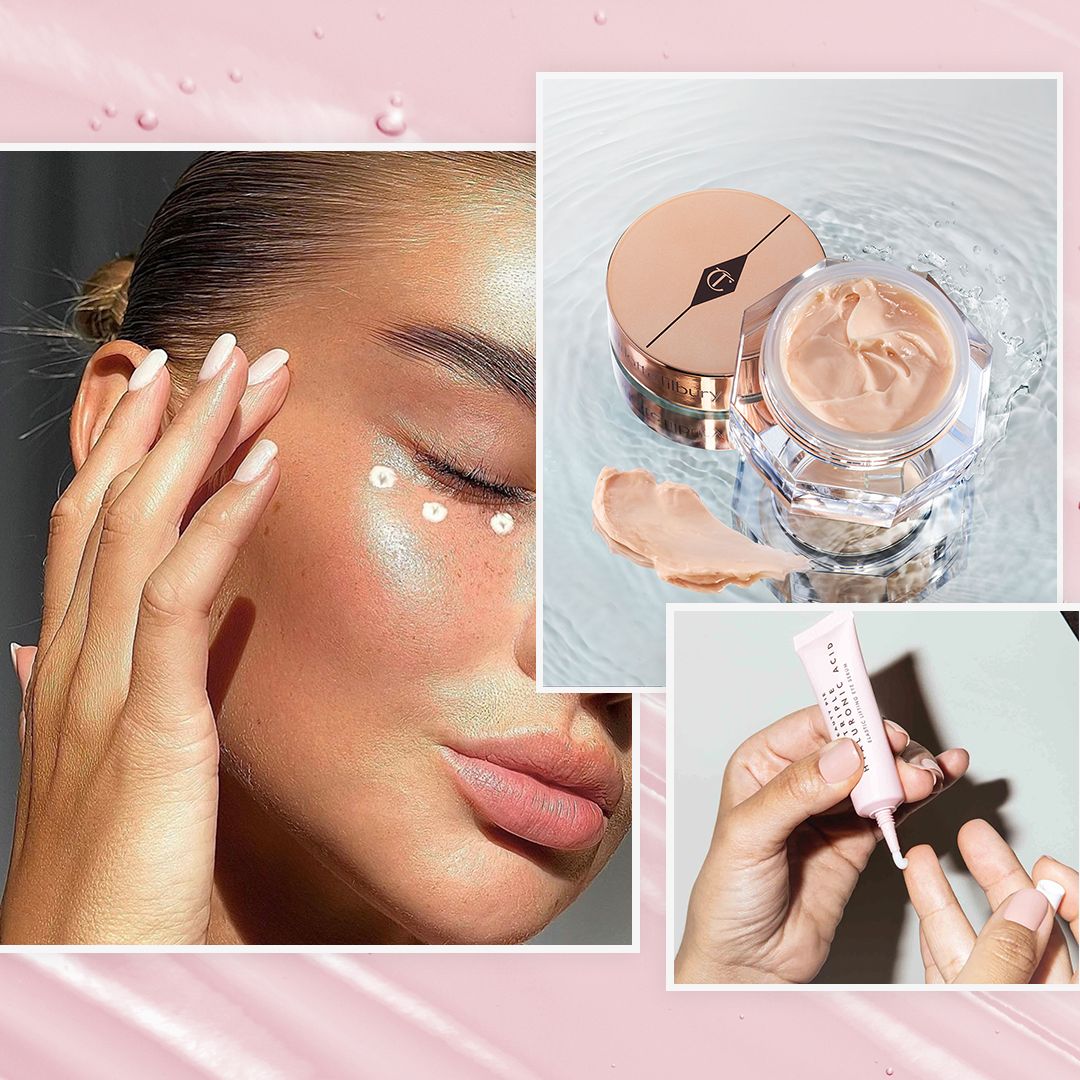There are some skincare ingredients that get nothing but praise and some that are divisive. And retinol is the latter.
Retinol creams and serums are often misunderstood, with some users swearing by their transformative powers and others relegating them to the bin. But to know retinol is to love retinol, and I was firmly in the 'never using retinol again' camp until I took a minute to really understand not only what it is, but how to use retinol properly in my beauty regime.
Once deigned to over the counter products or the skincare you could only get from a dermatologist or skincare professional, you'll now find retinol readily available on the beauty shelves of your local store and from favourite skincare brands including Olay, The Ordinary and Paula's Choice. Not just for skincare, retinol is a key ingredient in not just facial creams and serums, particularly night products, but eye products, bodycare, neck creams, and more.
If you're on the fence about retinol, and want to go back to basics, we've got the lowdown on retinol from clinical facialist Kate Kerr, and some of the retinol products we at HELLO! personally rate.
Experts in this article
Award-winning clinical facialist Kate Kerr, founder of Kate Kerr London, lends her 20 years of experience in skin rejuvenation and skin treatments to this article. Her skincare know-how has been used to treat actors, athletes, celebrities, and even royalty. She has a scientific approach to skincare, with an emphasis on supporting your own skin by helping it to be stronger, more resilient and healthier.
What is retinol?
Wondering what retinol actually is? Retinol is a skincare ingredient derived from the Vitamin A family of exfoliants, with a range of skincare benefits. Many creams and serums now include retinol as its such a skincare wizard. You’ll see it as an ingredient in skincare products with a percentage, pertaining to the amount of retinol within the product.
What does retinol do?
The skincare benefits of retinol are pretty extensive, and not just limited to anti-ageing either. Along with increasing cell turnover for plumper looking skin, increasing hyaluronic acid production to regulate moisture levels and exposing fresh cells for a more glowing complexion. Retinol can also help with pigmentation, reducing acne, shrinking large pores and smoothing out lines and wrinkles.
How does retinol work?
Kate explains: "Turning into Retinoic acid in the skin, the reason that retinol is so effective is because it’s a cell communicator that can attach to most skin cells and instruct them to behave like younger, healthier versions of themselves."
She adds: "It is also an antioxidant, so helps to prevent free radical attack and oxidation in the skin that leads to extrinsic skin ageing."
How I chose the best retinols
- Personal reviews: I've tried a lot of skincare in my years of being an editor, retinol being one of them. As well as retinols I've personally tried, I've included retinols the wider HELLO! team have used and love.
- Retinol type: I've chosen to focus on retinols for the face, both serums and creams, as that's a great place to start in your retinol journey.
- Brands: From drugstore brands to medical skincare brands, discover a range of skincare brands in this retinol edit.
- Price: Sometimes the best skincare costs the least, and whatever your budget, there'll be a retinol in this edit to suit it.
Shop the best retinol creams and serums
Best for a gradual retinol journey: Medik8 Retinol
Why We Love It
- Overnight treatment
- Good for reducing fine lines, wrinkles and blemish-causing bacteria
- Cream-like serum that melts into the skin
- Use every 2-3 days for two weeks, and build up to using every other night
HELLO Tried & Tested
"This was the first vitamin A treatment that I loved, having been a little gung-ho previously and choosing retinols with much higher percentages (and ultimately causing my skin to flake more than it should.
"The texture of this is a dream, with a creamy serum feel that feels as though it instantly plumps the skin. There is a tingle, but nothing uncomfortable. I wake up after using this with skin that looks just a little better - and over time, an improvement in lines, wrinkles and somehow shrunk my pores from being large to teeny. At 41, it's what one needs!
"The great thing about this product is that you can graduate up the 'strengths' of the retinal - there's a 6, a 10 and more."
Carla Challis, Commerce Partnerships Editor
Best retinol for beginners: CeraVe Retinol
Why We Love It
- Lightweight
- Gentle exfoliant
- Formulated to exfoliate, brighten and smooth the appearance of the complexion
- Targets post-acne scars, uneven complexion
- Night treatment
HELLO! Tried & Tested
"If you're just starting out with retinol, I'd highly recommend choosing CeraVe's Resurfacing Serum. I've been using it for a few months and I've already noticed a huge difference in how bright and smooth my skin looks.
"The serum focuses on evening out the complexion and reducing acne scars, and the lightweight texture doesn't feel drying, so it's great for sensitive skin. I'll probably choose something stronger once I've finished my current bottle and my skin has got used to the active ingredients, but it's the perfect choice for beginners."
Sophie Bates, Commerce Writer
Best retinol on a budget: The Ordinary Retinol
Why We Love It
- Affordable
- Different strengths available
- Includes squalane, to moisturise skin
- Targets general signs of ageing
The Ordinary skincare is renowned for actually doing what it says it will, and if you want to dabble in retinol but have a small budget, its a great brand to try.
The 1% retinol is a high strength, so you might want to try their 0.5% one first, but the brand has created a clever vitamin A and squalane blend to help counteract the drying effects of the vitamin A retinol.
Best retinol for blemishes: Paula's Choice Retinol
Why We Love It
- 1% retinol
- Great for reducing breakouts, brown spots and lines and wrinkles
- Use at night
Paula's Choice popular retinol treatment is a lightweight lotion that combines retinol with potent antioxidants to not only smooth out fine lines, wrinkles and banishes blemish-causing bacteria, but is also said to help with hydration.
Liquorice, oat extract and other soothing ingredients are included in the formula to help calm redness.
Best retinol for sensitive skin: La Roche Posay Retinol
Why We Love It
- Unique formulated for sensitive skin
- Targets fine lines, wrinkles and signs of ageing
- Night treatment
La Roche Posay have done what many other retinols haven't - formulated a retinol specifically designed for sensitive skin.
Along with 0.3% retinol, the unique formulation includes Glycerin (helps restore skin's barrier) and Vitamin B3 (keeps skin supple). Many shoppers say its a revelation for sensitive skin types.
Best retinol for menopausal skin: Living M Retinol
Why We Love It
- 0.5% encapsulated time released retinol
- Includes skin strengthening ceramides and multi-molecular hyaluronic acid
- Formulated for menopausal skin
- Night treatment
This is the one for those who are suffering from menopausal skin, and the drying, less than glowing effects it can have on your complexion.
Targets fine lines, age spots and skin that's lost its firmness, the special formula also helps to strengthen the skin's barrier.
Best retinol for firming skin: Kiehl's Retinol
Why We Love It
- Precisely formulated to deliver a daily-strength dose of pure retinol
- Peptide and Ceramides helps promote a stronger skin barrier function
- Creamy formula
- Use at night
HELLO! Tried & Tested
"The only retinol I’ve ever finished is Sunday Riley’s Luna Sleeping Night Oil, but I think this creamy offering from Kiehl’s trumps Sunday Riley's oil retinol in terms of usability. Applying it feels like any other night cream - plump and pillowy, leaving my skin feeling soft, rather than dry, like some retinols can.
"Ingredients-wise, as well as retinol to soften the appearance of lines, the formula has ceramides and peptides, acting as a cushion to make sure it isn’t too harsh."
Melanie Macleod, Wellness Editor
The best retinol for hyperpigmentation: The Inkey List Retinol
Why We Love It
- Gentle enough for retinol newbies
- Designed to reduce wrinkles, lines, and hyperpigmentation
- Includes antioxidant ingredient squalane
- Use at night after hyaluronic acid
The Inkey List's retinol serum contains slow-release retinoid derivatives to resurface and renew the skin, and is applauded by shoppers for evening out their skin tone, even with the most stubborn hyperpigmentation.
One thing to note is the smell is said to be quite strong, so not one for those with sensitive noses.
Best retinol for dark spots: Shani Darden Retinol
Why We Love It
- Great for lessening dark spots, improving radiance and shrinking pores
- Gentle but effective
- From celebrity facialist Shani Darden
- Night treatment
HELLO Tried & Tested
"I'll admit I bought this product because Shani Darden, the brains behind the brand, is a Hollywood and LA institution - she's the woman who sorts some of my favourite stars' complexions.
"I was pleasantly surprised at how great this product is. Never once did it cause any sensitivity or problems to my skin, but over time, created a more even complexion and definitely softened my '11' lines between my eyebrows. Red patches lessened and generally, my skin looked fresher.
"Another gentle introduction to retinol that actually works."
Carla Challis, Commerce Partnerships Editor
Best retinol for fine lines and wrinkles: Elizabeth Arden retinol
Why We Love It
- Light cream texture
- Formulated with pure retinol plus HPR, a next-generation retinol, skin-firming peptides, moisture barrier-strengthening ceramides, plumping hyaluronic acid and skin-soothing botanicals
- Can be used morning and evening
HELLO! Tried & Tested
"I've had reactions with retinol in the past but have been blown away by Elizabeth Arden's Retinol + HPR Ceramide Rapid Skin Renewing Water Cream. This moisturiser is powered by Retinol and HPR (hydroxy pinacolone retinoate) which is a super gentle but effective retinoid that is a rising star to the retinoid family.
"Packed with skin-caring ingredients like ginger root extract, peptides, hyaluronic acid and bisabolol (chamomile flower extract) this moisturiser has changed the game with my skin. It can be used day and night, too."
Leanne Bayley, Director of Lifestyle & Commerce
Best retinol for rosacea: iS Clinical Retinol
Why We Love It
- Includes vitamin C
- Heals the skin while renewing
- Ideal for those with rosacea, cystic acne or inflammation
- Use in the morning
HELLO Tried & Tested
"Suffering from red, inflamed skin a few years back, I heavily researched products to help, and found this iS Clinical retinol coming up trumps for reducing redness and within a few uses, it actually had lessened the red areas on my skin. I was shocked, as didn't expect a retinol to do the work.
"I wouldn't call it a miracle worker, but its close. I keep a small bottle in my beauty cabinet for when rosacea-like symptoms strike. It's also said to be a favourite of Rosie Huntington-Whiteley."
Carla Challis, Commerce Partnerships Editor
Which retinol is right for my skin?
Retinol is added to many skincare products, including but not limited to, face serums, moisturisers, eye creams, night creams, body lotions and plenty more.
The party line is to start low with a retinol if you’re a first timer – you need a lower amount of retinol in your product, to build up your skin’s tolerance to the super ingredient. Starting to use a retinol from your mid-twenties is advisable, and it’s never too late to start.
Kate advises: "It’s best to start with a lower strength such as 0.3% and build up the frequency of use until your skin becomes more tolerant, before trying products at a higher strength (1%)."
She explains that "optimum retinol levels will also vary by age, for example menopausal skin can tend to be drier and a declining natural cell turnover rate means a weakened skin barrier, so it is important to opt for a retinol level that will speed up cell renewal, without further irritating the skin."
How to use retinol
Start small, applying a retinol night cream or serum 2-3 times a week before building up to more usage, in both amount of times using and wider products.
Kate explains: "I remind my clients that one cannot get enough retinol in the skin, to counteract the rate at which the collagen is breaking down, so for best results I advise to build up towards using it every night if possible."
Kate suggests using a retinol at night, as the skin is more active and in repair mode, plus the side effects of retinol can make the skin more sensitive and reactive to the elements like the sun. "Using retinol at night is the priority as the skin is more active and in repair mode, making it the prime opportunity to stimulate the skin's cells. It is also possible to have a retinol reaction to the sun, so the evening is preferential, as skin is not exposed the elements."
Apply retinol to clean, cleansed skin and follow up with a moisturiser, if the skin feels tight and dry. Leave around 15-20 minutes to allow the retinol to fully absorb. Always use a high factor SPF every day to keep skin protected as the ingredient can increase the skin’s sensitivity to sun exposure.
The retinol purge - side effects of retinol
Unfortunately, retinol creams and serums do cause irritation (sometimes called the 'retinol purge') – and this, says Kate, is normal. "Remember, irritation, and flaking is normal when you first start applying retinol, as it begins working to increase cell turnover and stimulate the production of new skin cells. As the skin begins to build up tolerance, these effects will subside and you’ll notice a renewed glowing, healthy looking skin. The process can last for up to two skin cycles, about 12 weeks."
Sign up to HELLO Daily! for the best royal, celebrity and lifestyle coverage
By entering your details, you are agreeing to HELLO! Magazine User Data Protection Policy. You can unsubscribe at any time. For more information, please click here.
